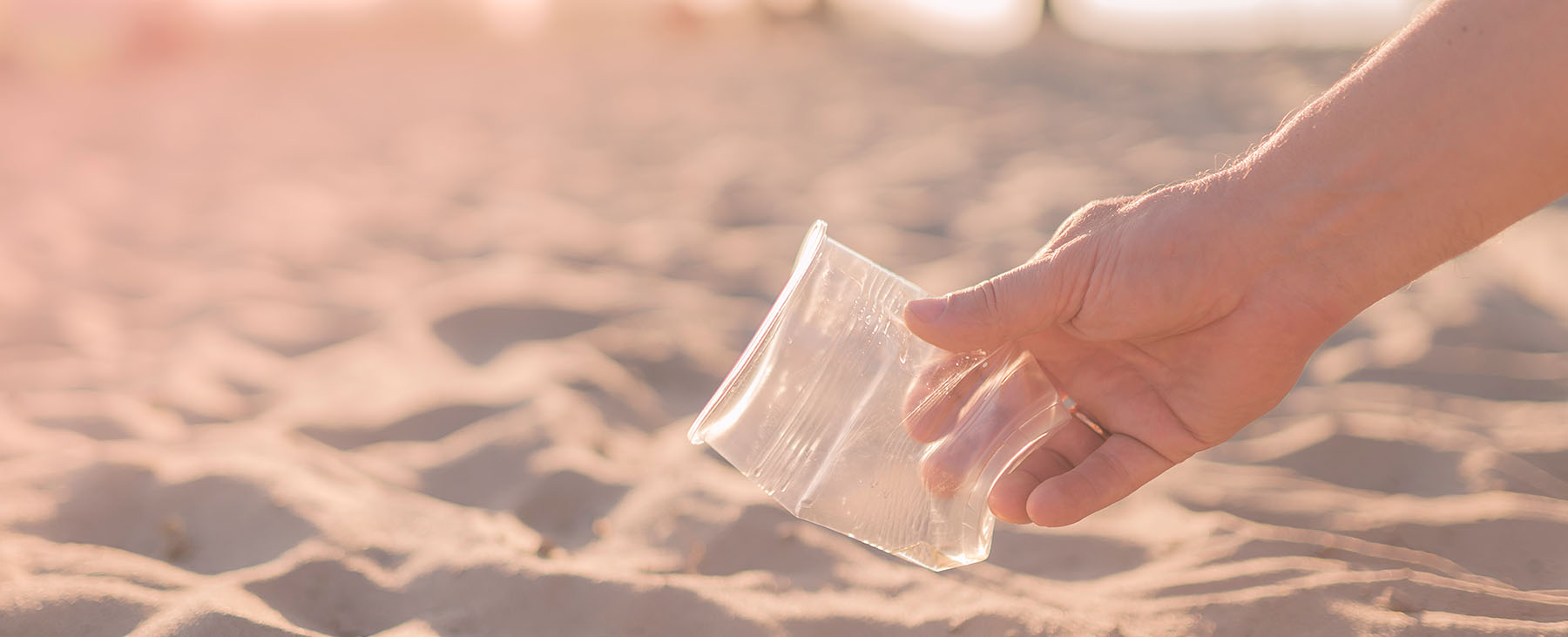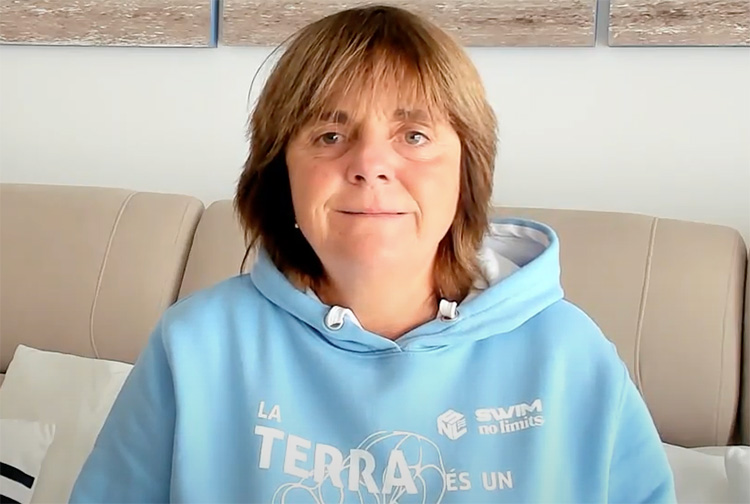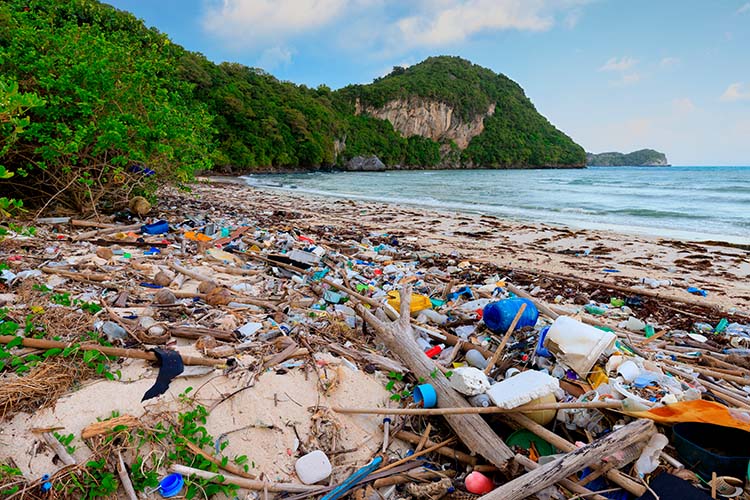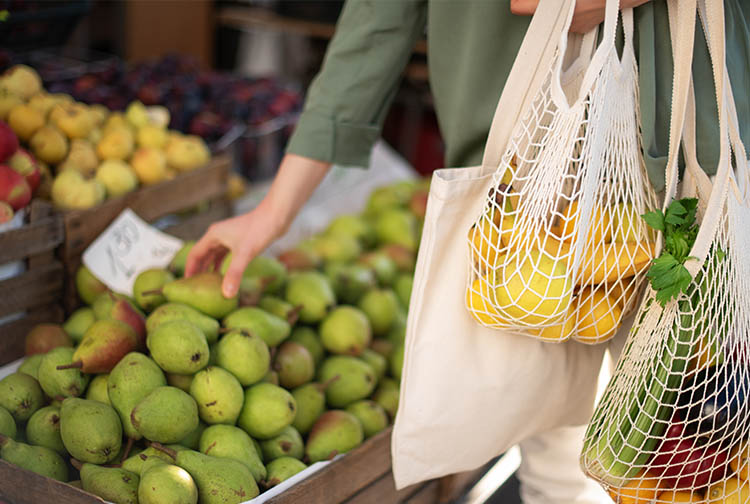

Measures to reduce plastic pollution in our oceans
How can we reduce the amount of plastic that ends up in our oceans every year? There are measures that depend on governments, but there are also everyday actions that can reduce our impact on the environment.
As 11Onze agent Mònica Cornudella alerts, many fish drown every year because they mistake a plastic bag for a jellyfish and try to eat it, or because they get trapped in the plastic rings that hold soft drink cans.
The dumping of plastics in the seas and oceans is a problem that will last because they are products that take a long time to degrade. For example, a plastic bag takes between 20 and 50 years, but, as Cornudella says, the dreaded plastic bottles “take about 500 years” and a tyre that has ended up in the sea can take “up to 1,000 years”.
It is estimated that by 2050 “there will be more plastics than fish in our seas and oceans” because every year “between 8 and 15 million tonnes of plastic waste is dumped into the sea“, as the 11Onze agent explains. In economic terms, the dumping of plastics in the sea generates damage to marine ecosystems worth 11,800 million euros, according to the United Nations environmental programme.
Measures to stop the ecological disaster
In view of this situation, Mònica Cornudella proposes institutional action in three main generic areas to stop, or at least reduce, the magnitude of the problem.
The first measure would be to promote “environmental education” to train the youngest children in their commitment to the environment, given that “the habits acquired from an early age will always last into adulthood”. And in this sense, Cornudella proposes “increasing the sustainability of schools”.
Another area is the promotion of “volunteering” to collaborate with initiatives that are being carried out everywhere to protect the environment. For example, Cornudella cites the cleaning of beaches, forests, and public places, which are sometimes very degraded.
The third issue raised by the 11Onze agent is that of the legal framework. “We need to take a step back and go back to using glass bottles, cardboard boxes, and wood. Faced with a very powerful lobby of packaging and plastics manufacturers, “we need to have laws that prohibit and regulate the excessive and unmeasured use of plastic”.
The importance of everyday actions
Beyond these generic issues, “small daily actions” can also help to take care of our oceans. Along these lines, Cornudella recommends “practising the three R’s, on which the circular economy is based: reduce, reuse and recycle”. In addition to reducing the plastics we generate, this will allow us to “reduce our carbon footprint and at the same time combat climate change”. And, in the age of cyberactivism, Mònica Cornudella insists on “sharing initiatives on social networks”.
“Implementing the circular economy and protecting marine flora and fauna in the face of climate change” should be, according to the 11Onze agent, a common goal for humanity. “Every action, no matter how small, helps us to achieve a healthier planet and to protect the seas and oceans“, concludes Cornudella.
If you want to discover how to drink the best water, save money and help the planet, go to 11Onze Essentials.
Leave a Reply
You must be logged in to post a comment.






Gràcies
Gràcies, Joan!!!
Molt interessant!
Moltes gràcies, Francesc!!!
😞
Gràcies, Carles!!!
Ens cal prendre més consciència d’aquest greu problema.
Doncs sí, consciència i prendre mesures encertades i radicals… S’hauria de reduir dràsticament la fabricació d’envasos de plàstic i s’hauria de fer per normatives d’obligat compliment. Moltes gràcies pel teu comentari, Manel!!!
Moltes gràcies!!👍
Gràcies a tu, Jordi!